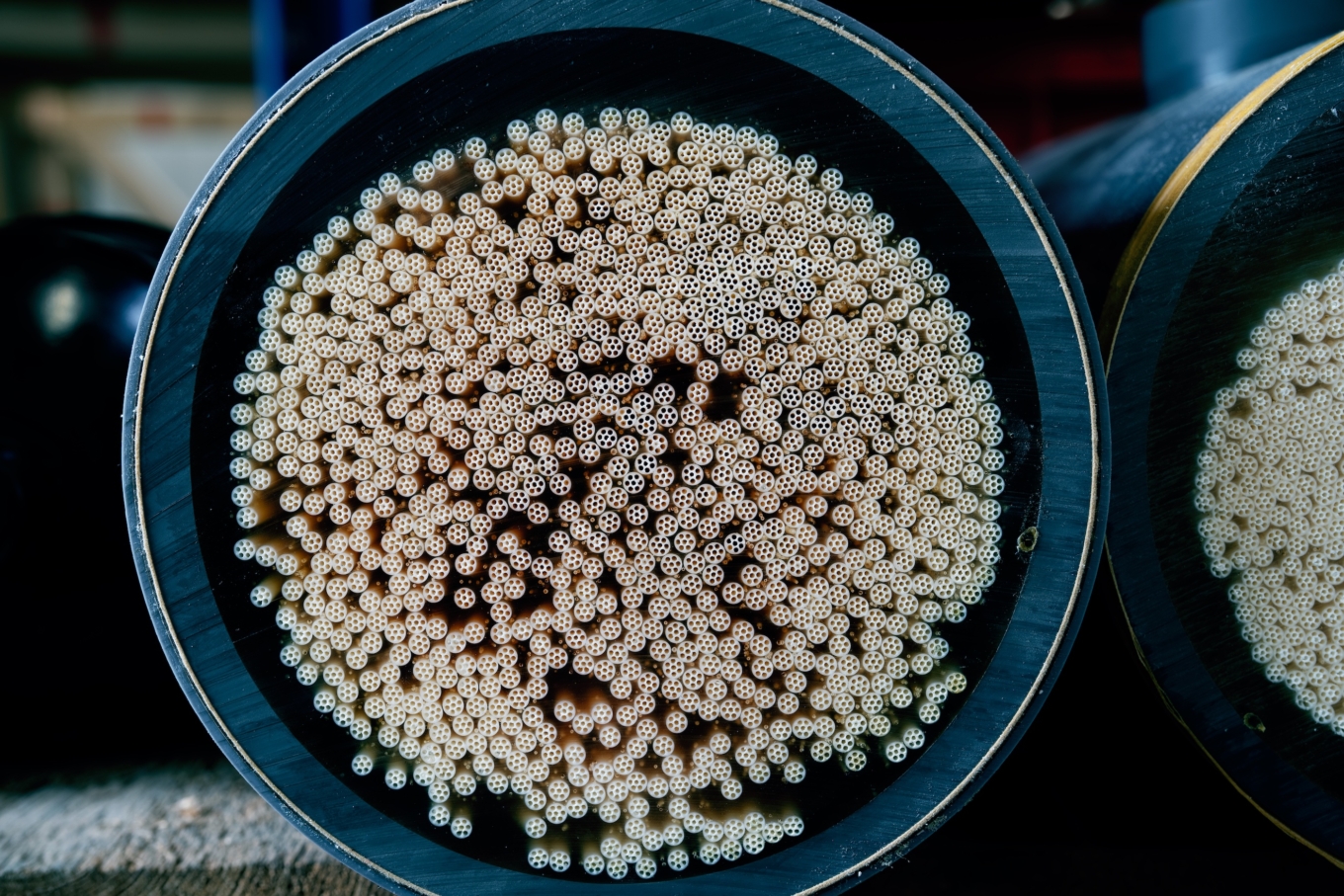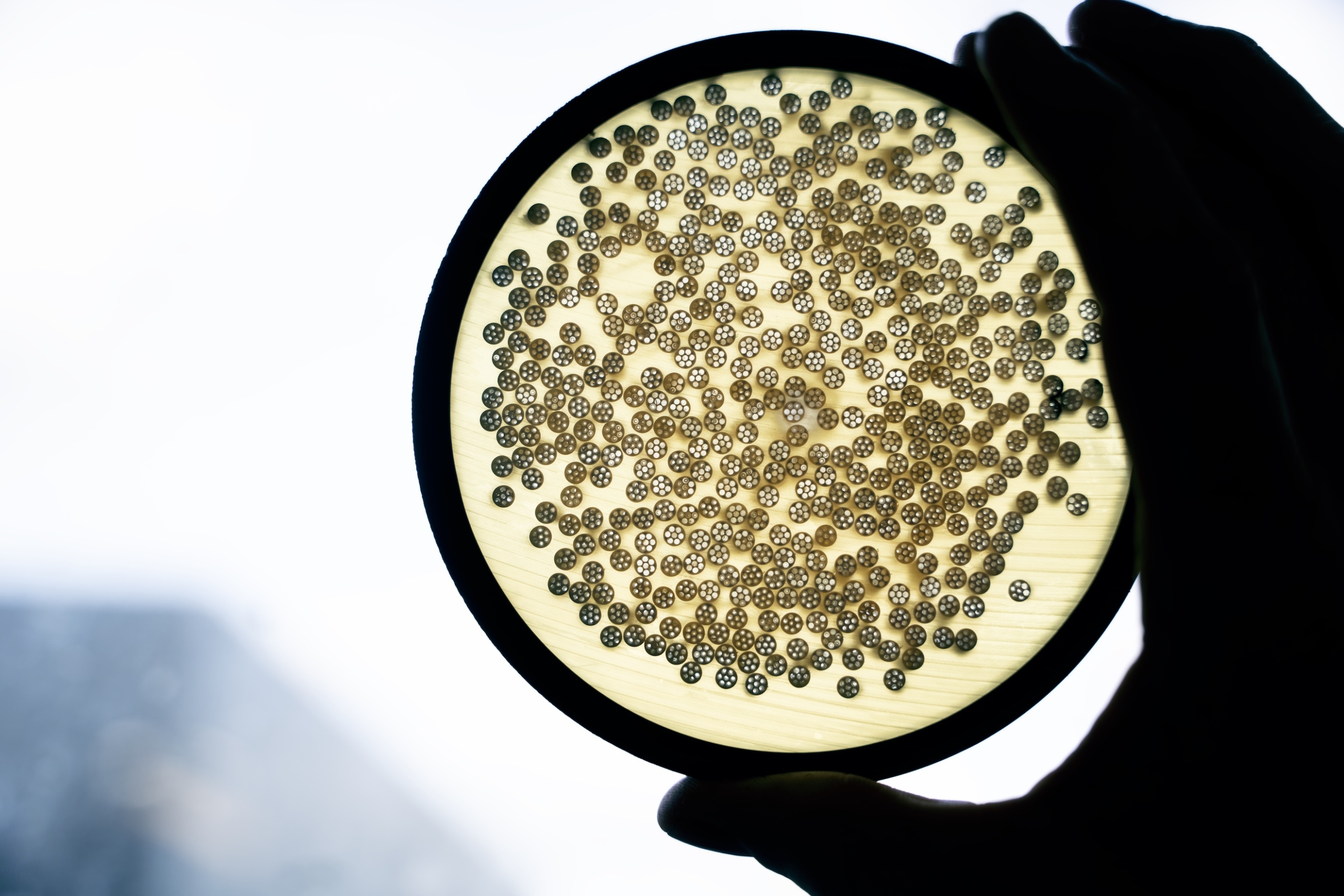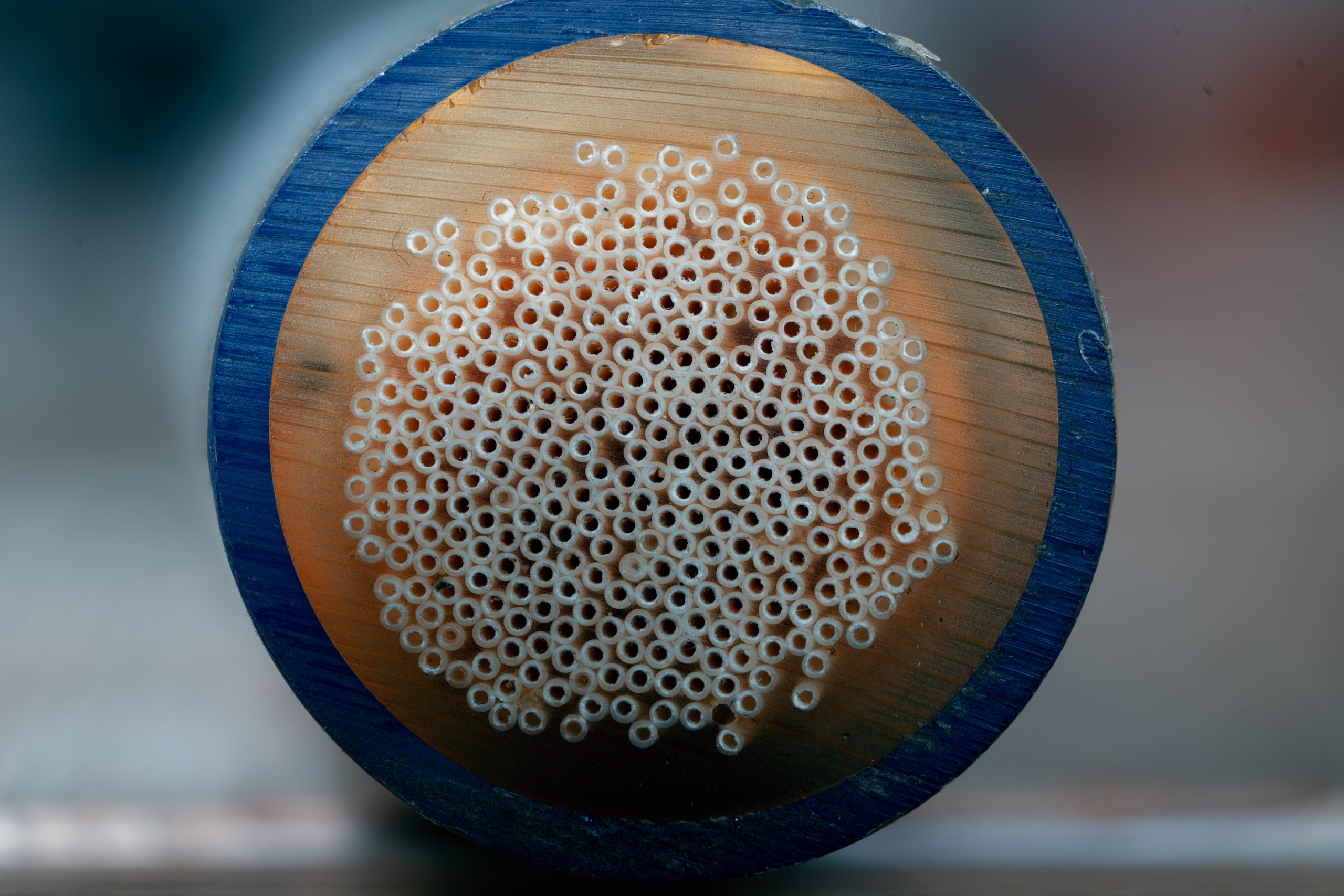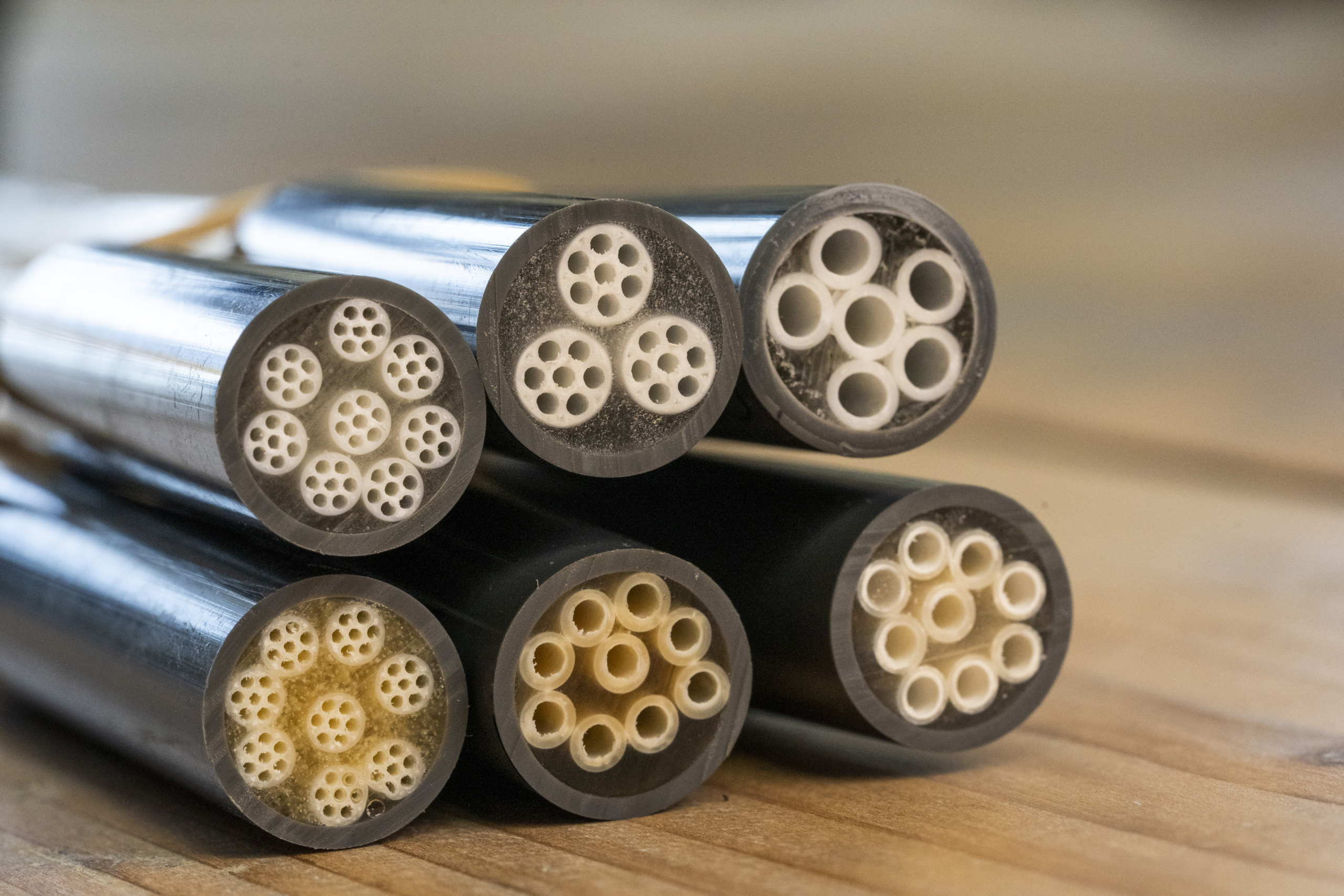
Ultrafiltration
Ultrafiltration is a physical and mechanical separation process that removes contaminants and bacteria from liquids. By using ultrafiltration in various water systems and water filters, contamination with Legionella bacteria is prevented. With ultrafiltration, PB aims to provide clean and safe drinking water, which is why ultrafiltration is the basis of our products. Ultrafiltration is one of many methods of purifying liquids. The main advantage of this method is that it is excellent at leaving only water molecules and dissolved particles after purification. PB manufactures a wide range of standard and customised ultrafiltration (UF) modules using membrane technology.
What is ultrafiltration?
Ultrafiltration is best compared to the way the kidneys work. In fact, ultrafiltration was originally developed using membranes from kidney dialysis. Ultrafiltration is a similar process to what happens in the kidneys every day. The kidneys remove harmful substances and waste products from the blood and filter the blood from the urine, allowing the fluid containing harmful particles to leave the body. Similar techniques are used in ultrafiltration as a separation method.
Ultrafiltration uses a membrane to filter various suspended particles from a liquid. When purifying wastewater, drinking water or process water, a membrane is used to remove contaminants from the water.
The membrane used by PB has a pore size of 0.02 microns. When a liquid passes through this membrane, it will trap any substances, particles or bacteria larger than 0.02 microns. As a result, the liquid that passes through the membrane is a clean liquid, free of bacteria or viruses.
The benefits of ultrafiltration
Ultrafiltration filters out all dirt particles, bacteria and viruses, reducing biofilm growth. The end product of ultrafiltration is a clean and safe liquid. Ultrafiltration has a number of advantages:
-
- The filtering action of ultrafiltration is always active, regardless of the power supply and disposables. Ultrafiltration is therefore a highly effective and sustainable method of water filtration.
-
- An ultrafiltration water treatment system is very maintenance friendly. PB’s Gatekeepers also include an automatic integrity test. Every 24 hours, our Gatekeeper systems check for membrane ruptures. If a rupture occurs, the filter module automatically shuts down, leaving you with no risk.
-
- Ultrafiltration has a wide range of applications, from Legionella prevention in drinking water, to waste water treatment, rainwater and surface water.
-
- Excellent to combine with other techniques such as reverse osmosis and nanofiltration, for example as a pre-treatment.
-
- Relatively inexpensive to purchase and low maintenance costs.
Ultrafiltration features
PB produces a wide range of standard and customised ultrafiltration (UF) modules using membrane technology. This technology is available in various versions with different characteristics in polymer material, pore size and flow directions. The multibore (inside-out) Poly Ether Sulfone (PES) membrane of 0.02 μm and MWCO of 11-150 kDa is widely used for this purpose.
PB uses a membrane with a nominal pore size of 0.02 microns for ultrafiltration. This type can be used as a separation method when particles with a pore size larger than 0.02 microns need to be removed from (drinking) water.
- Maximal NTU 30
- MWCO 100-150 kDa *
- Max. CZV 12 mg / l
- Max. TSS 50 mg / l **
* 75 kDa membranes available
** alternative membranes 300 mg/l available
A revolutionary system: 7-Bore membrane
The open foam structure of the membrane allows the ultrafiltration system to be operated at very low pressures and high fluxes. In addition to high chemical and biological resistance, the revolutionary 7-Bore membrane has very high mechanical stability.
The 7-Bore membrane has 7 openings in each membrane. It is much stronger than conventional single-bore membranes and can withstand high-pressure water shock more easily. With the unique 7-Bore membrane, PB has set a new standard in ultrafiltration technology.
The application of ultrafiltration in the Netherlands, as well as worldwide
The process of ultrafiltration as a separation method is widely used in water treatment systems worldwide. In addition, ultrafiltration is also widely used to treat wastewater and drinking water.
In the Netherlands, ultrafiltration is also widely used as a separation method. According to Dutch drinking water legislation, only KIWA-certified products may be used as a separation method for Legionella prevention. When products, such as gatekeepers and Legionella filters, meet these strict requirements, they receive a KIWA BRL K14010-1 certification.
PB’s Legionella filters each have this certification and therefore meet the laws and regulations of KIWA Netherlands.


